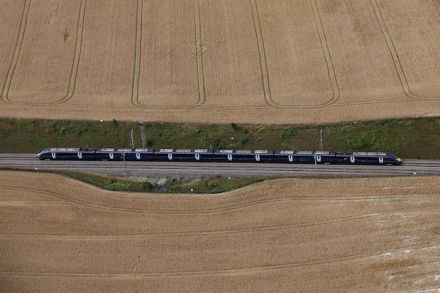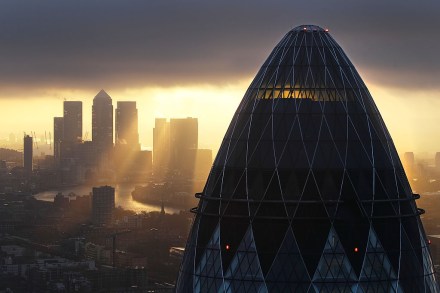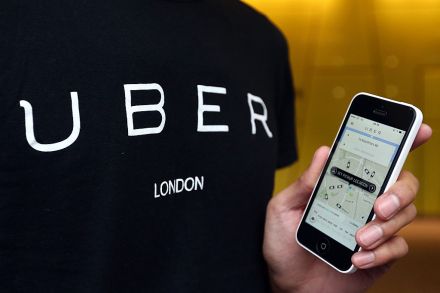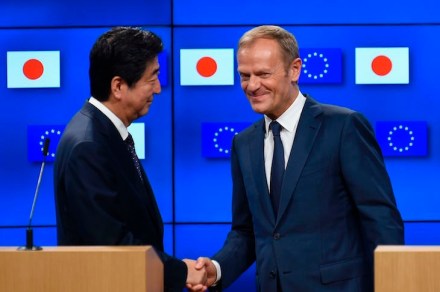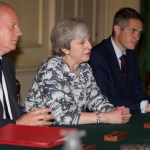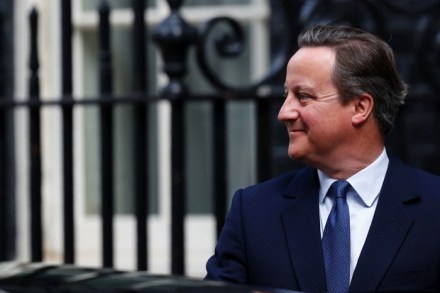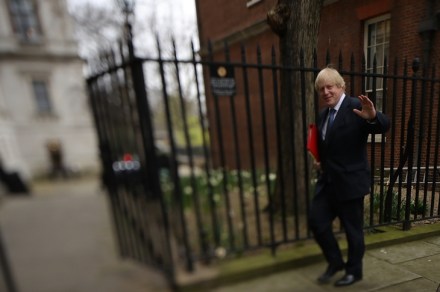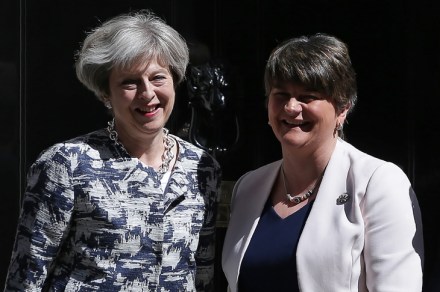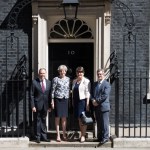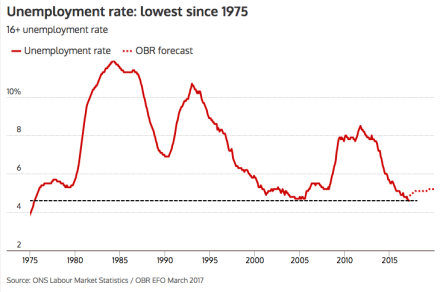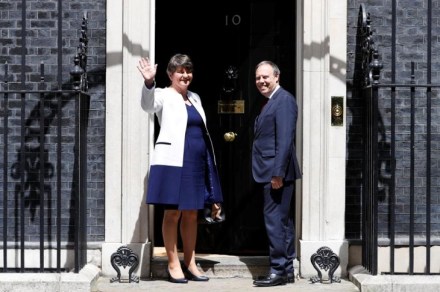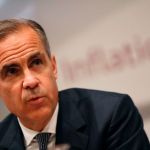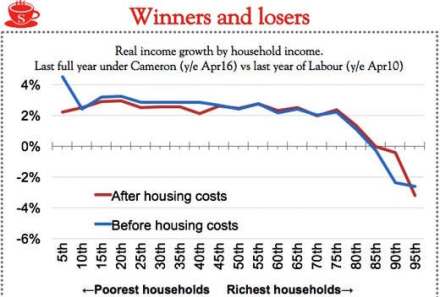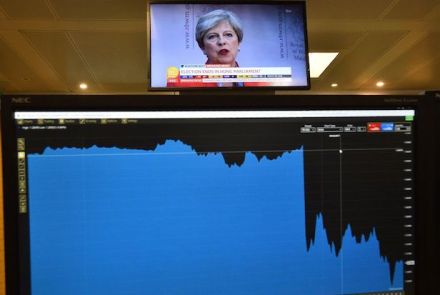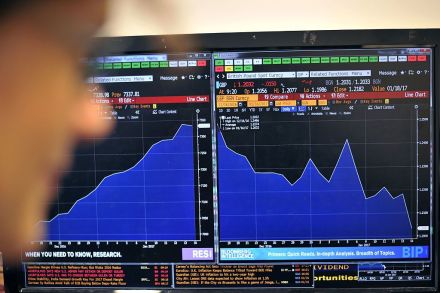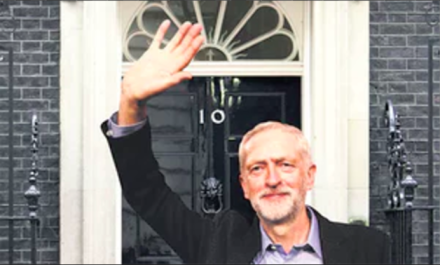HS2 is steaming towards budgetary disaster
Byng was the name of the unfortunate admiral executed in 1757, in the words of Voltaire, “pour encourager les autres” after the fall of Minorca. I fear that poor old Michael Byng might be about to go the same way. Having put out a report estimating that the first phase of HS2 could cost £48 billion and the full scheme £104 billion, twice official estimates – will have woken up this morning to hear transport secretary Chris Grayling rubbishing his work, saying that he couldn’t possibly know about HS2 because he hasn’t been working on it. He did, however, devise the system which Network Rail use for estimating costs, which
